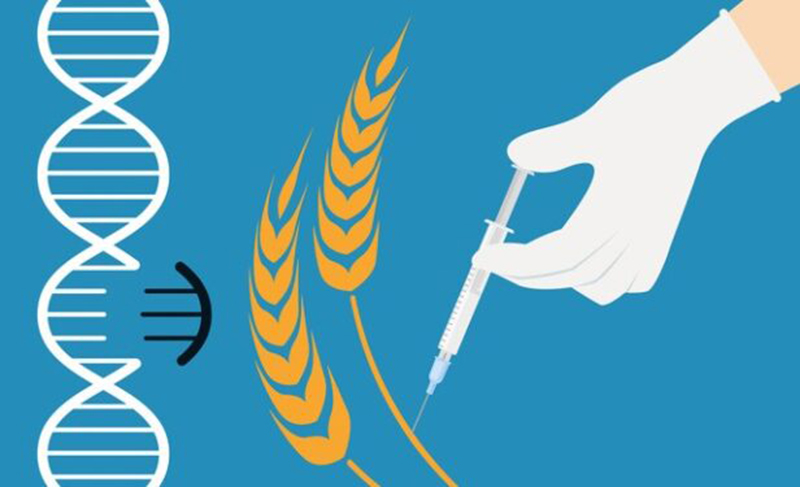ORC submitted responses to Defra’s Consultation on future of gene editing both as part of the English Organic Forum and as an organisation.

As a member of the English Organic Forum (EOF), the Organic Research Centre is in agreement with the Forum’s response to the Defra consultation on gene editing, including its basic principles that:
Informed by the work of EOF and other background briefing, in our response we emphasised the importance of two core recommendations with respect to the current consultation, namely that:
1. All forms of gene editing should be subject to robust regulation and risk assessments.
2. Proper recognition and investment should be given to the whole diversity of different available approaches to transforming and delivering a sustainable and healthy food system, including organic and other agroecological farming.
Overall, we recognise that gene editing is a powerful technology and acknowledge it may, depending on circumstances and context, bring benefits as well as risks to the development of a more resilient and sustainable farming and food system. It should be pursued, but cautiously and under continued strong regulation. To meet today’s challenges, this technological development should be rooted in a more ambitious and wide-ranging, joined-up suite of agroecological, farming system based approaches including organic production, a system that is proven to be more resilient and sustainable compared to the current, prevalent, non-organic (so called ‘conventional’) farming.
